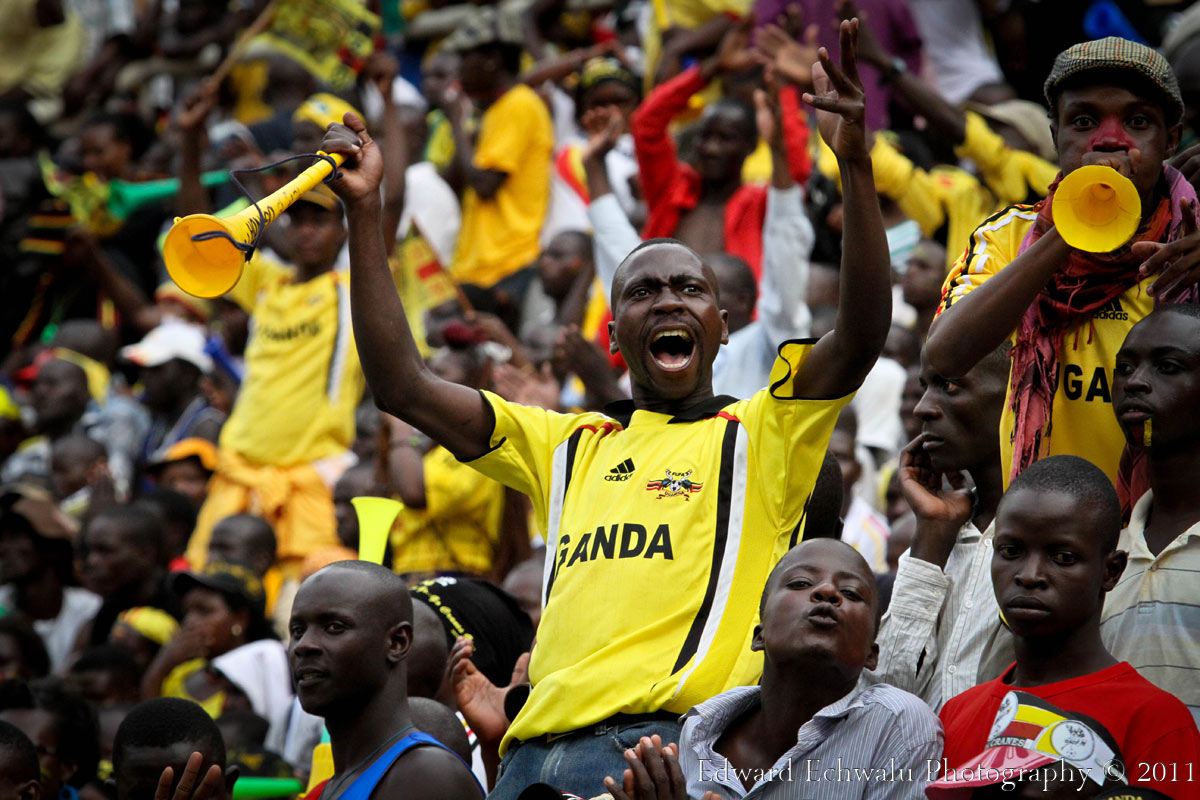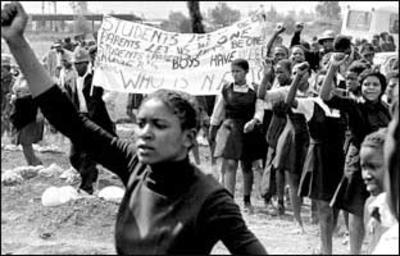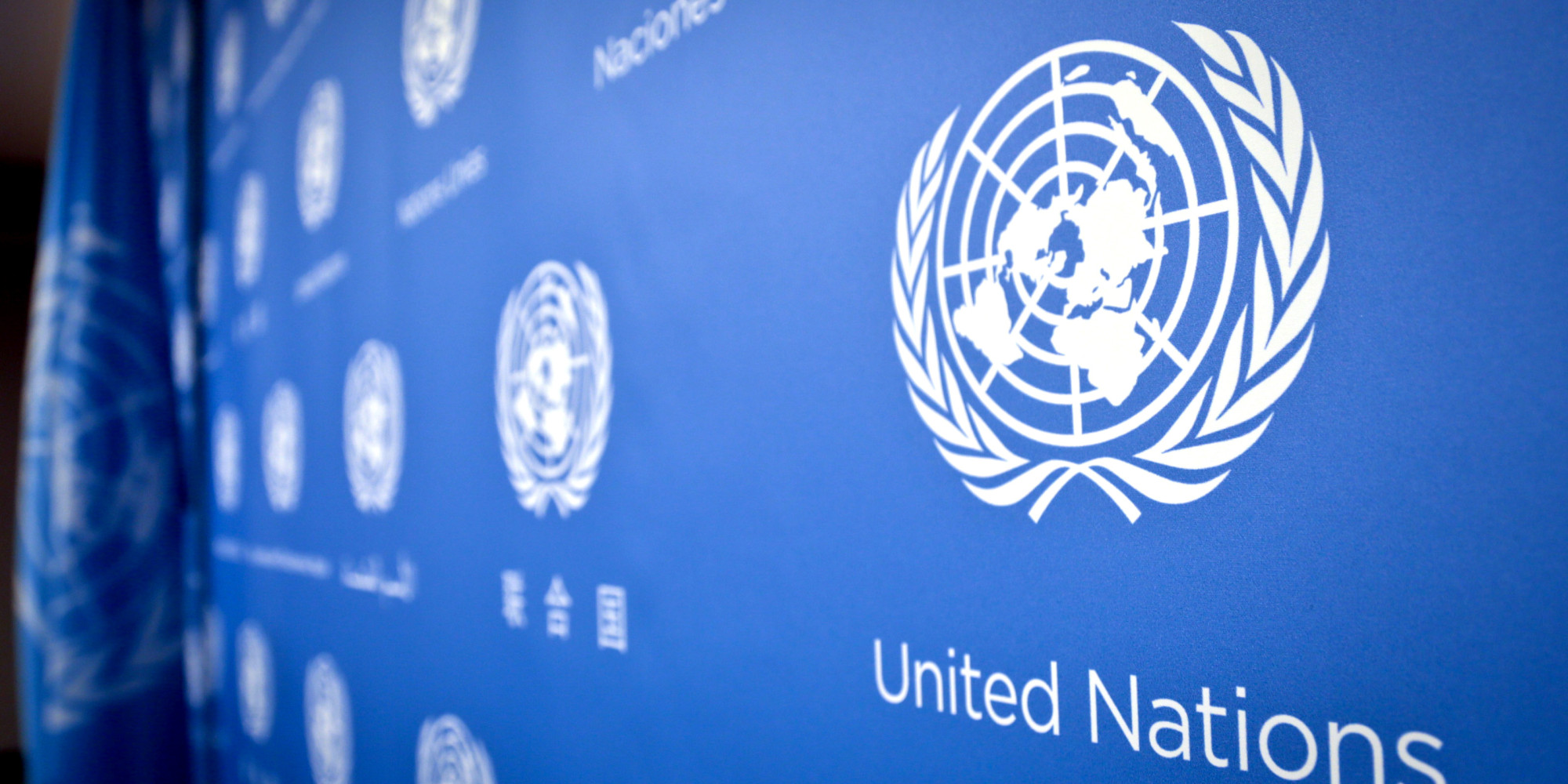“If we must do Afrikaans Vorster must do Zulu” the placards declared as students, many just teenagers, took to the streets of Soweto to oppose the imposition of Afrikaans as the language of teaching in South Africa.
It was June 16th the day of the march is now Youth Day in South Africa and Day of the African Child at the United Nations. The protests which, killed hundreds of students and their teachers, were another bloody example of excesses of White Minority rule in South Africa.
Apartheid as a system was finally removed but young people have marched on elsewhere with placards, songs and then stones or worse to face off with armored trucks against brutal regimes today.
As the day of the African Child dawns again I find myself asking some of the same questions- as if 1976 were no different from 1986 or even 2011. And its not that am young again. I was just 2 years old in 1976.
And there are many ironies that capture this perverse déjà vu. Jacob Zuma, a former political prisoner for whom the Soweto protests were a watershed is now President of South Africa and has recently spoken out on Libya where a protest movement involving young people has produced a civil war. Libya under its long serving (and now suffering) leader Muammur Gadaffi is a friend of the African National Congress.
In the Washington Post today, an editorial suggested that Uganda might follow Egypt and Tunisia in an “African Spring”.
“Like Egypt, Uganda boasts a youthful and impressionable population, half of whom are under 15. But with fewer educational and occupational opportunities than in Egypt, the potential for havoc in Uganda is arguably greater” the editors opine, perhaps channeling Soweto.
Since its elections Uganda has had violent episodes of rioting put down by the modern weapons of crowd control a lot of it (including personnel carriers and tear gas trucks) imported from Zuma’s South Africa.
 Vuvuzela’s are viral too
Vuvuzela’s are viral too
Perhaps having no place here but both Libya and South Africa share one other less discussed strain of youth violence; xenophobia. Close to 100 died in South Africa following xenophobic attacks there but the worst episode is the attacks on yes – black Africans in Libya.
So June 16 In Memoriam is not a straightforward argument about the youthful reflexes against oppression.
The young people taking up protests in fact simply means that the conditions that produce and reproduce the need for these protests have not gone away.
There are many governments, which like that led Balthazar Johannes Vorster, will seek to use the law to impose their choices on a majority and in so doing sustain certain conditions that emerge with any sort of bondage.
And then one should ponder if in fact these struggles can be broadly held in some of the terms that have came to define an understanding of those times and these times. Or if like the “Arab Spring” its really Soweto in 2011.
Was June 16th about “Independence” from Apartheid? Or was it perhaps more clearly about the conditions that Apartheid created? When Black South Africans youth march today with placards and are facing down armed police- does it give room for pause that John Vorster’s party is history and a black majority government is now in power?
Is “freedom” perhaps a better word? Maybe. Freedom can be applied to the conditions as well as the polity. So Africans “liberated” from colonialism are described as having been freed from it. But the conditions under colonialism, like Apartheid, like the dictatorships in their continental variety have not gone away but remained to reproduce Tahrir Square and its cousins around the continent.
As we observe Day of the African Child today- perhaps its to the conditions and not the actors that we should look. The day no child carries a placard onto the street will be a good day.










